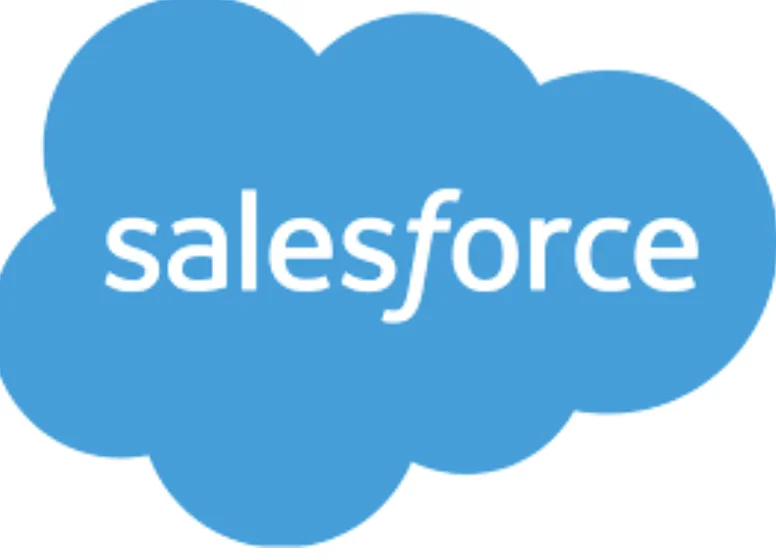In an insightful interview yesterday on CNBC’s ‘Squawk Box’, Joe Lonsdale, a co-founder of Palantir and founding partner at 8VC, discussed the current and future impact of Artificial Intelligence (AI) on various sectors including healthcare, defense, and the broader economy.
Lonsdale began by underscoring AI’s potential to revolutionize productivity. He likened AI’s integration into society to the gradual, yet profound, influence of electricity.
“When you have something like electricity, it takes decades to work its way through everything,” he said, underscoring AI’s long-term potential to reshape industries and economies.
Focusing on healthcare, Lonsdale pointed out the substantial impact AI could have on the industry’s efficiency. He illustrated this by mentioning the potential of AI to double the margins in healthcare billings, a sector with a revenue of $280 billion.
“Health care billings, a 280 billion revenue area, and we’re already seeing how AI is probably going to be able to double the margins in that area, which means you pull $100 billion of spend out of the economy,” said Lonsdale.
The discussion then shifted to the broader economic implications of AI, with the Palantir co-founder expressing optimism about the visible impact of AI on productivity in the near future.
“I think you actually see by the mid to late 2020s economic numbers showing up where productivity has gone up,” he predicted, highlighting the speed at which AI could start influencing economic metrics.
Lonsdale also addressed the cyclical nature of market investment in new technologies, acknowledging the likelihood of over-investment in AI, similar to past tech trends. He noted the emergence of a few highly valuable platforms amidst a sea of overhyped ventures, drawing parallels to the birth of giants like Amazon and Google during the internet boom.
“There’s always over-investment,” he said, before adding that there are a few big platforms emerging that are going to be “extraordinarily valuable”.
When the conversation turned to the defense sector, Lonsdale emphasized the growing importance of software, particularly AI, in determining the course of warfare. He called attention to the need for new companies specializing in AI and software for defense, pointing out the limitations of traditional defense contractors in this area.
“Software is becoming more important. AI makes software determinative in defense,” he said.
Lonsdale’s insights provided a comprehensive overview of the multifaceted impact of AI. From healthcare efficiencies to defense strategies and broader economic productivity, his perspective underscores the transformative and far-reaching potential of AI across various sectors. His analysis not only illuminates the current state of AI but also sets the stage for understanding its future trajectory and the opportunities it presents.
Featured image: CNBC Squawk Box






